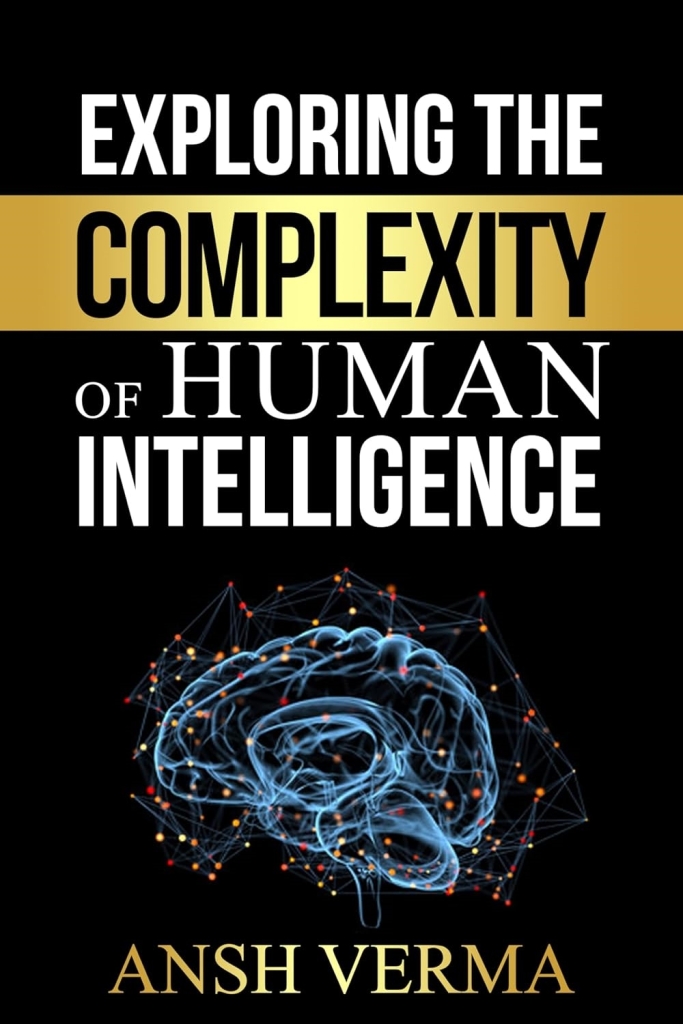Ansh Verma is a researcher, author, and philosopher based in Dhanbad, Jharkhand (India). He researches almost everything that can be observed, felt and/or read, including technology, politics, divine, war, behavioral, engineering, investments, military, finance, and mathematics. Post graduation, Verma has almost 20 years of experience in thinking and making sense of the world. His new book “Exploring the Complexity of Human Intelligence” is a comprehensive exploration of prevalent misconceptions that cloud our understanding of intelligence.
“Exploring the Complexity of Human Intelligence” – the core topic of this enlightening book is intelligence and the myths surrounding it. Such myths include the misleading notion of left-brain/right-brain dominance and the widespread belief in using only a fraction of our brain’s capacity. Other topics include gender differences when it comes to intelligence, emotional intelligence, the aging mind and how to address cognitive decline, neuroplasticity, and the cultural biases in IQ testing that can affect people who have different types of cultural intelligence.
In the Introduction, the author writes that the purpose of this book is “to empower readers with accurate knowledge about human intelligence.” By doing so, he hopes readers will understand that intelligence is made up of different factors and then arms them with the information necessary to make appropriate life choices. Chapter 1: Defining Intelligence defines intelligence as more than just what a typical IQ test might measure and that it includes a wide variety of cognitive capacities and aptitudes. In Chapter 2: Nature vs. Nurture, he clarifies the connection between genetics and environment and how they shape cognitive aptitude. In Chapter 3: Brain Myths and Cognitive Abilities, readers can learn all about the various learning styles and the importance of evidence-based approaches to education.
The rest of the book consists of:
Chapter 4: Creativity and Problem Solving
Chapter 5: Learning Styles and Intelligence
Chapter 6: Gender and Intelligence
Chapter 7: Emotional Intelligence
Chapter 8: Memory and Forgetfulness
Chapter 9: Nature of Intelligence in Children
Chapter 10: The Aging Mind
Chapter 11: Neuroplasticity and Learning
Chapter 12: Intelligence and Success
Chapter 13: Intelligence in Different Cultures
Chapter 14: Genetics and Intelligence Revisited
Overall, this is an extremely insightful and deeply researched book on intelligence – how it is made up of different factors but it is continuously changing and adapting, especially when it comes to emotional intelligence and neuroplasticity. By using down to earth language and examples of real people when describing the different learning and intelligence types, the author makes the subject easy to understand. This is a must read for readers interested in a deep study of intelligence and the complexities of the human mind.
“Success is, therefore, a multifaceted concept, and one’s ability to excel in a particular field is influenced by a complex interplay of various attributes and factors.”
*The author was contacted for an honest review of this book. The views and opinions expressed here belong solely to her.
